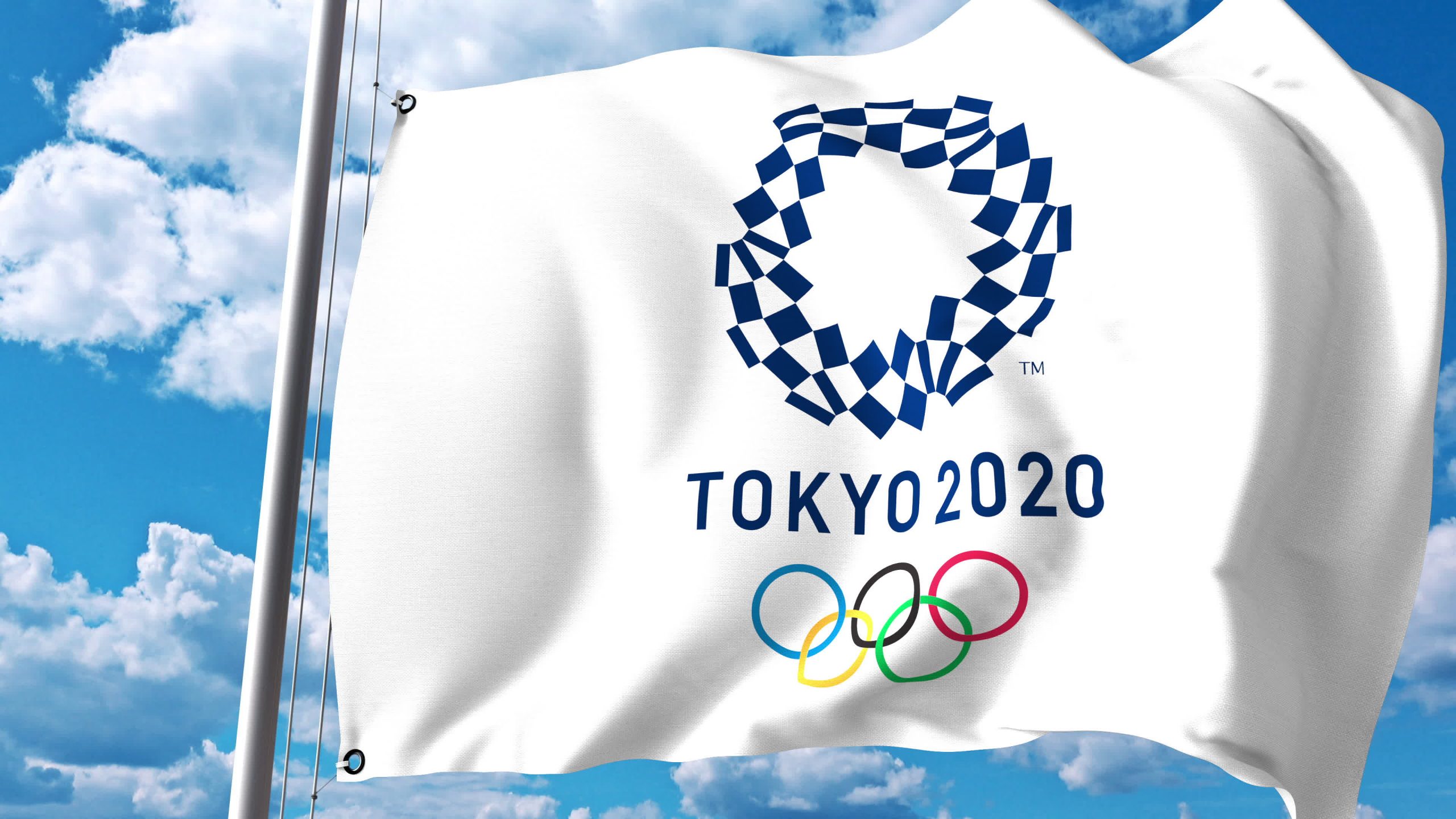“The Ted Stevens Olympic and Amateur Sports Act created a statute (36 U.S.C. § 220506) governing the USOPC’s trademark rights. The statute gives the organization a great deal of leverage to control and protect its trademarks.”
 Few events capture the attention of the world like the Olympic Games. Around the globe and across the country, people tune in nightly to watch their nation’s athletes compete for a spot on the medal stand.
Few events capture the attention of the world like the Olympic Games. Around the globe and across the country, people tune in nightly to watch their nation’s athletes compete for a spot on the medal stand.
But behind the breathtaking gymnastics performances and thrilling swimming races is some of the most valuable intellectual property in sports. And the United States Olympic & Paralympic Committee (USOPC)—the organizing body in charge of the nation’s Olympic efforts—is just as serious about defending its trademarks as it is about bringing home the gold.
In the Team USA brand usage guidelines, the USOPC writes, “We are committed to protect the USOPC’s rights and those of its sponsors, so we can maintain a sound sponsorship program that will support Team USA and send our athletes to the Games.”
What makes the USOPC’s position so formidable is that it enjoys specific protection under federal law. The Ted Stevens Olympic and Amateur Sports Act created a statute (36 U.S.C. § 220506) governing the USOPC’s trademark rights. The statute gives the organization a great deal of leverage to control and protect its trademarks. USOPC’s registered trademarks include:
- Olympic, Olympian and Future Olympian;
- Go for the Gold and Gateway to Gold;
- Let the Games Begin;
- Olympians Made Here;
- Paralympic;
- Tokyo 2020, Beijing 2022, Paris 2024, Los Angeles 2028, LA 2028;
- Road to Tokyo;
- Team USA; and
- A wide range of logos and graphics related to the U.S. Olympic teams and the games themselves.
Federal law also grants the USOPC control of logos and trademarks for future Olympic games. In addition, federal law prohibits the unauthorized commercial use of terms similar to “Olympic” (“Radiolympics,” “Mathlympics,” etc.) that could falsely imply a connection to the Olympic Games or the USOPC.
IP Worth its Weight in Gold (Medals)
So, does this mean that businesses can’t use these terms in any context? Under a trademark law concept known as “nominative fair use,” use of trademarked terms in the course of normal communications is permitted when the trademark is being used to describe a thing, rather than to identify its source. But such communications must be careful not to cross the line into suggesting a connection or sponsorship agreement between the communicator and the trademark owner.
For example, Michael Jordan successfully sued two grocery store chains for publishing congratulatory magazine ads after Jordan retired from the NBA. Jordan sued on trademark infringement grounds, claiming the ads implied a commercial endorsement of the stores. After Jordan won an $8.9 million jury verdict in one of the cases, both stores settled the lawsuits for undisclosed amounts.
Fair use issues are a particular concern in the social media age. While congratulating medal-winning Team USA athletes may seem like a timely and positive message to share from a company’s social media platforms, such posts could create problems for brands. As in the Michael Jordan lawsuits, such statements could be interpreted as false endorsements by the athletes and bring the companies into conflict with the USOPC.
The main reason USOPC officials are so protective of their trademarks is that, unlike in many countries, the U.S. Olympic Team does not receive funding from the federal government. Private sponsorships are a primary revenue source for the USOPC, which grants certain advertisers the rights to bill themselves as “Official Team USA Sponsors.” According to the IOC’s audited statements, the top tier of Olympics sponsors paid more than $1 billion for global marketing rights to the 2016 games in Rio de Janeiro.
As explained on Team USA’s brand usage guidelines page: “When others use USOPC IP without authorization, it creates a disincentive for our partners to continue funding Team USA in exchange for the right to promote that association with the U.S. Olympic and Paralympic Team. Additionally, when individuals or other charitable organizations use USOPC IP in their own fundraising, it detracts from the USOPC’s ability to raise money for Team USA.”
USOPC Takes On Trademark Challenge from Puma Before Tokyo Games
But the USOPC’s staunch defense of its intellectual property hasn’t stopped some from challenging those rights—including major corporations.
In February, the USOPC filed a trademark infringement suit against athletic wear company Puma. The company had filed trademark registration applications for marks that included the host cities and dates for the next three Olympiads — “Puma Tokyo 2021,” “Puma Beijing 2022” and “Puma Paris 2024.” \.
However, the U.S. Patent and Trademark Office rejected the application to register the “Puma Tokyo 2021” trademark. In an official letter refusing registration, the trademark examiner observed, “The applicant has simply added the house mark ‘Puma’ to the nearly identical wording in the registered marks.”
Puma adjusted its tactics and petitioned the Trademark Trial and Appeal Board (TTAB) to cancel a number of USOPC’s registrations—an action USOPC attorneys described as “declaring war.”
The war didn’t last long, though. Puma quickly backed down from the dispute after the trademark infringement lawsuit was filed. The company withdrew its request that the TTAB invalidate the USOPC’s registrations of “Tokyo 2020,” “Beijing 2022” and “Paris 2024”. The USOPC responded by voluntarily dismissing its lawsuit against Puma.
The USOPC also has gone to the mat with much smaller businesses. Even a family-owned Chicago butcher shop had to change its name from “Olympic Meat Packers Inc.” to “Olympia Meat Packers Inc.”
Similarly, the Improv Olympics comedy clubs in Chicago and Los Angeles were an institution on the stand-up circuit, helping launch such household names as Amy Poehler, Tina Fey and Mike Myers. But in 2005, the USOPC (then known as the USOC) sent the clubs a cease-and-desist letter, and the Improv Olympics changed its name to iO Theater.
The USOPC also has successfully challenged users of the “Olympic” trademark in a variety of competitive arenas, ranging from robot-building to ferret races to video gaming. In each of these cases, the organizers of the events changed the name after hearing from the USOPC legal team.
So, for other brands, this means taking extra caution in treading near Olympic-themed trademarks. In-house legal teams should inform social media managers about the potential risks of using such trademarked language – even in posts that seem merely congratulatory and non-commercial. Clearly, the USOPC means business where the Olympic Games are concerned.
Image Source: Deposit Photos
Photography ID:167463184
Copyright:alexeynovikov

![[IPWatchdog Logo]](https://ipwatchdog.com/wp-content/themes/IPWatchdog%20-%202023/assets/images/temp/logo-small@2x.png)

![[[Advertisement]]](https://ipwatchdog.com/wp-content/uploads/2023/01/2021-Patent-Practice-on-Demand-1.png)
![[Advertisement]](https://ipwatchdog.com/wp-content/uploads/2024/04/Patent-Litigation-Masters-2024-sidebar-early-bird-ends-Apr-21-last-chance-700x500-1.jpg)

![[Advertisement]](https://ipwatchdog.com/wp-content/uploads/2021/12/WEBINAR-336-x-280-px.png)
![[Advertisement]](https://ipwatchdog.com/wp-content/uploads/2021/12/2021-Patent-Practice-on-Demand-recorded-Feb-2021-336-x-280.jpg)
![[Advertisement]](https://ipwatchdog.com/wp-content/uploads/2021/12/Ad-4-The-Invent-Patent-System™.png)






Join the Discussion
No comments yet.